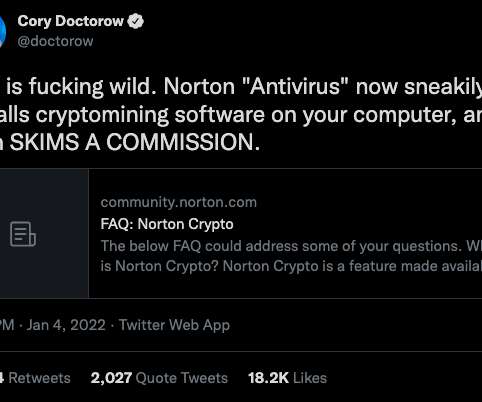What Is a Fake Package Delivery Scam?
Identity IQ
NOVEMBER 28, 2023
In this type of scam, fraudsters send deceptive emails or text messages claiming to be legitimate shipping notifications from reputable carriers or retailers such as FedEx, UPS, and the U.S. With fake delivery notification scams, these messages can imitate well-known shipping companies or online retailers. Postal Service.












Let's personalize your content